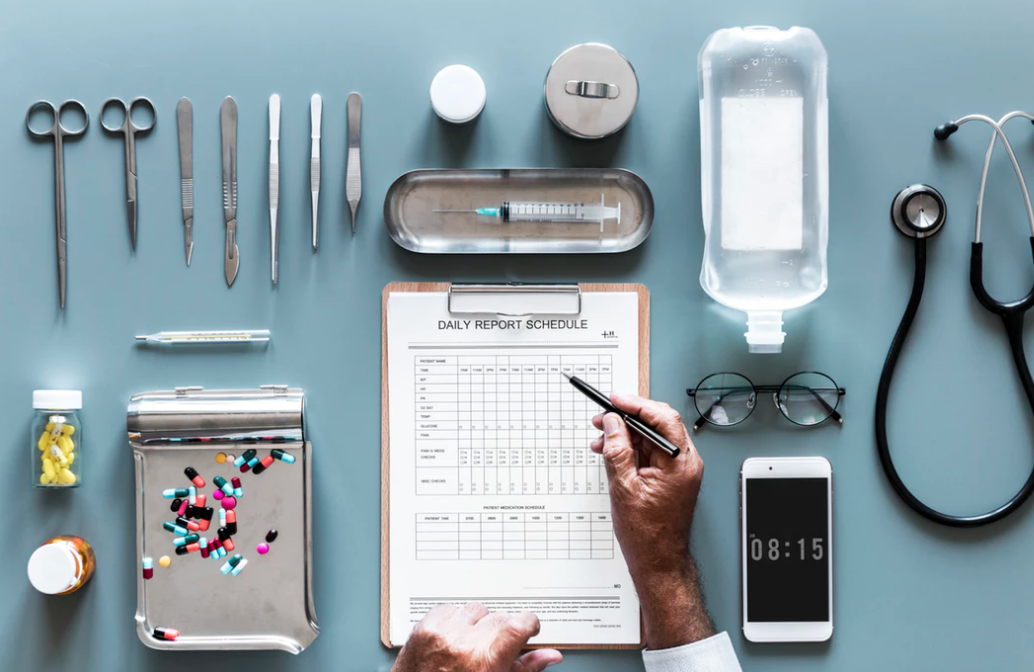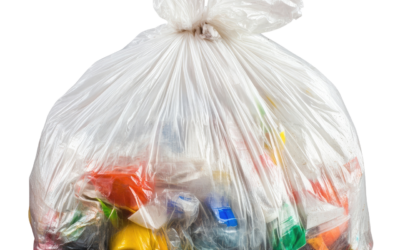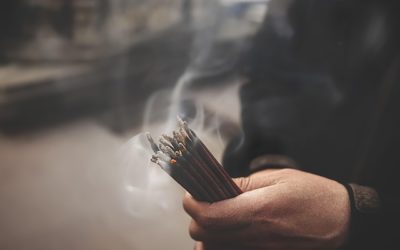Many have exclaimed, “Addiction is NOT a disease — it’s a choice!” A disease, they’ll say, is something that you have no control over; it suddenly afflicts you when you least expect it and wreaks havoc on your life. People don’t do anything to bring about disease in their lives. Addiction, on the other hand, is something that people choose to engage in. No one makes anyone drink their first drink — or any drink thereafter. No one is forced to do drugs at any point in their life, yet drug addicts, they’ll point out, choose to participate in drug-seeking behavior, hang out with other drug addicts, and repeatedly make irrational, counterproductive decisions that invariably result in self-destruction. How can this possibly be tantamount to someone who has a disease that they didn’t ask for?
As I noted in my previous blog entitled Understanding Addiction, addiction takes root in the midbrain — otherwise known as the limbic system. The limbic system is home to what is known as the pleasure pathway — receptor sites that release chemicals that make us feel good when we engage in pleasurable behaviors like eating, sex, playing, etc. What differentiates an alcoholic/addict from a non-addict is the way in which this neural pathway is activated and affected by drugs and alcohol. What causes this is extremely complex, but what is consistently found lies in genetics.
Studies show that between 40 – 60% (DSM V) of the variability in alcoholics comes from parents where at least one has also suffered from alcoholism. When it comes to drug addicts, this variability hovers around 50% (DSM V). These findings were substantiated by countless identical twin studies that showed, despite being adopted into different homes where the environments were nurturing, wholesome, and drug/alcohol free, twins whose biological parents were addicted to alcohol were still more likely to develop alcoholism than others reared in those environments who were not born to such parents. The variances in studies are endless, but the result was the same: genetics play a profound role in addiction. But what does this have to do with it being considered a disease and not a choice?
Let’s look at diabetes, for instance, when we consider the affliction of disease. Diabetes results as a malfunctioning of the pancreas, which produces insulin. Either the body stops producing it altogether or in such low amounts that it is rendered ineffective to take in the nutrients from the food we eat. But what underlies diabetes? Why do people develop it? Well, a scant amount of unfortunate people are born with it or develop it as a child — this is known as Type One diabetes. But the vast majority of people develop Type Two diabetes as adults, which is attributable, in large part, to poor diet and lack of exercise. In other words, unhealthy lifestyle habits are predominately to blame for their disease. As a result, they go to a doctor who tells them to lay off certain fatty foods, start exercising, take a pill or insulin shots, etc. If they comply, they can go on to live good quality lives; if not, their condition will likely worsen, and death may ensue. Are choices involved in their prognosis? Did their lifestyle choices have anything to do with their disease onset? Yet, we don’t demonize and vilify them like we do an alcoholic or drug addict — why?
What I failed to mention in speaking about people who have diabetes is it’s not solely their poor lifestyle habits that doomed them to acquire a deadly disease. Think about it, some of the worst eaters and laziest people we know have never gained weight and will likely never get diabetes, congestive heart failure, high blood pressure, or any other dreadful health affliction — but why? Again, we find ourselves back at the genetics argument. People who are born to parents who have had a history of certain diseases are inherently susceptible to developing those diseases during their lifetime, but the key determinant is one’s lifestyle. The lifestyle choices they make will either stave off the genetic predisposition or allow it to take root and fully manifest.
To compare, in the same way one’s pancreas has changed when diabetes sets in, an addict’s brain chemistry has been permanently altered. In the same way one goes to a doctor and is prescribed insulin and instructed to change lifestyle habits to live more healthily, an addict is prescribed Methadone, Antabuse, Suboxone, etc., and ordered to enter treatment to develop healthier lifestyle habits. In the same way, there is an onset and progression that can lead to death if diabetes not managed well — and so there is with drug and alcohol addiction. With so many similarities and congruency between the two, why do we criminalize one and sympathize with the other? Why do we hold firm that one is a choice that deserves punishment and the other a disease that deserves sympathy?
Inmate Ingenuity: Trash Bag Edition
Living life day to day as an incarcerated individual has a very unique set of challenges. There are innumerable...






0 Comments